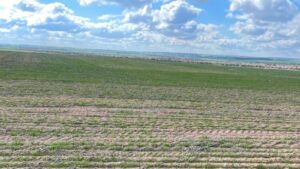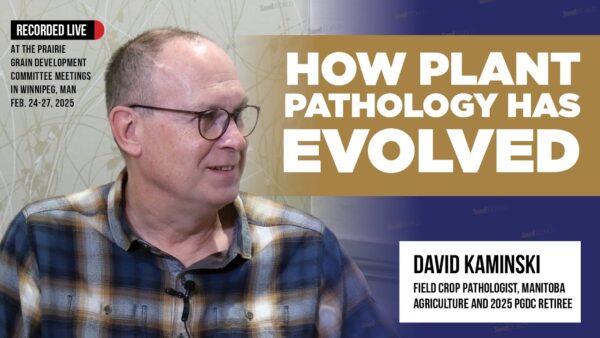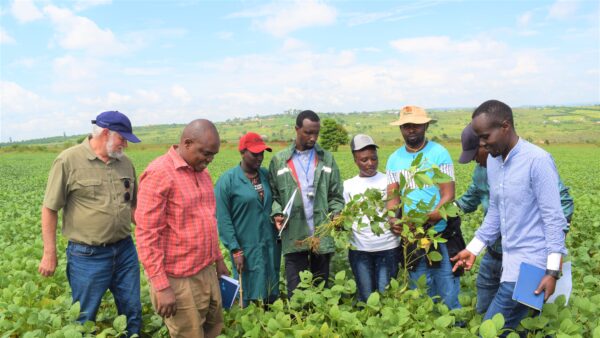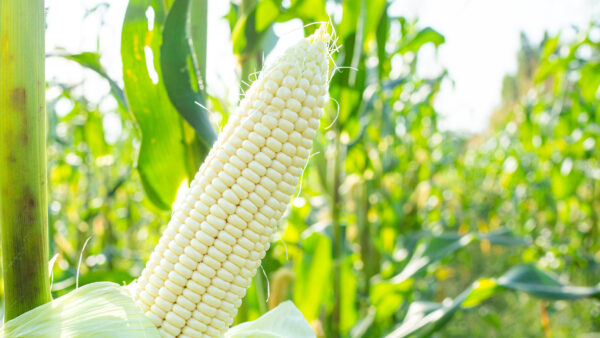
An in-depth overview of the global seed industry. From an international partnership to aid salinity tolerant varieties to a new disease tolerant asparagus variety in New Zealand.
STATUS SAUDI ARABIA
The Australian Centre for Plant Functional Genomics at the University of Adelaide and King Abdullah University of Science and Technology in Saudi Arabia have signed a memorandum of understanding for the development of salt tolerant varieties of wheat and barley. The agreement stands to benefit growers in both Saudi Arabia and Australia.
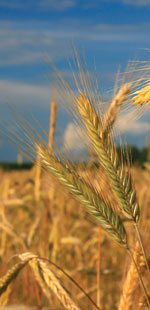
“Both KAUST and ACPFG have great resources and mutual interest in understanding and improving salinity tolerance in crops,” says Mark Tester, a professor of bioscience at KAUST. “This international agreement provides a valuable opportunity to benefit agriculture in both [Saudi Arabia] and Australia — we all win.”
“The agreement is an exciting venture for ACPFG and Australia because our researchers will access additional information, resources and expertise to investigate how these important crops respond to extreme saline conditions,” adds Stuart Roy, program leader at the ACPFG. “The project will help deliver to Australian farmers crops that can grow in these tough conditions.”
As part of this collaboration, ACPFG and KAUST will replicate laboratory and field trials to identify genes that play an important role in salinity tolerance, providing both organizations with extensive data on these cereals.
— King Abdullah University of Science and Technology, Australian Centre for Plant Functional Genomics
STATUS NEW ZEALAND
New Zealand asparagus growers will soon have access to the first asparagus variety that is tolerant of the soil fungus Phytophthora. Officials with Aspara Pacific Ltd. say this is the first disease tolerant asparagus variety produced in 100 years, since tolerance to asparagus rust was first developed in the United States.
New Zealand grower and breeder Peter Falloon, together with the New Zealand Asparagus Council, has identified at least one hybrid that shows higher yields under high disease pressure from Phytophthora rot compared with the best commercial varieties during evaluation trials.
The Phytophthora resistant asparagus breeding program started in 1985 when a search began for a source of resistance to the fungus in asparagus. Varieties from breeding programs throughout the world were tested but none were found to have high levels of resistance. However, a few plants were discovered that resisted the disease when exposed to several isolates of P. asparagi and P. cryptogea that had been collected from asparagus from many different fields.
The work continued with support from New Zealand’s Foundation for Research, Science and Technology and the Asparagus Council. National cultivar evaluation trials were established in the main asparagus producing regions of New Zealand, in order to compare the Phytophthora tolerant hybrids to non-tolerant commercial varieties.
Falloon explains that Phytophthora rot is a significant disease in asparagus in most countries around the world. He spent three years in California where he saw establishment failures as high as 80 per cent and yield losses in excess of 50 per cent. The disease has traditionally been treated with chemicals, which are not only expensive but cease to work after around seven years as the disease builds resistance to them.
“There is lot of replanting of asparagus in the same fields due to limited areas of suitable soil [and] this causes higher disease levels in the soil,” says Falloon. “Our trials have shown better yields than standard varieties; they also last three or four years longer than current varieties meaning that the growers won’t have to replant so often.”
Current asparagus varieties in New Zealand have a lifespan of about 10 to 12 years, depending on the conditions, and seven years in Europe. Extending the lifespan of asparagus plants could save growers considerable money as planting is the biggest cost after harvest labour.
The research has resulted in the development of the new variety Pacific Challenger, which will be released in New Zealand later this year. A small amount of seeds have been sent to European plant breeder Hargreaves Plants. Falloon says there is limited availability of seeds currently but he hopes to increase this amount by 15 to 20 times next year.
STATUS GHANA
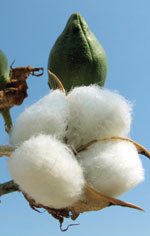
Erick Okoree of Ghana’s National Biosafety Committee says the Bt cotton was imported from South Africa, while the Bt rice and Bt cowpea came from International Centre for Tropical Agriculture sites in Colombia and Australia, respectively. Another member of the committee, Walter Alhassan, says his group is closely monitoring the field trials.
Ghana is a signatory to the Cartagena Protocol on Biosafety, an international agreement aimed at protecting biological diversity from potential risks posed by genetically enhanced organisms. The country passed its own Biosafety Bill in 2011, and has enlisted the help of regulatory agencies, academics, researchers, farmers and policymakers to create public awareness and provide training workshops on biosafety.
STATUS AUSTRALIA
The most significant issue confronting grain growers in the southern regions of Australia is the continuing spread of herbicide resistance in weeds and the threat this poses to farming systems. So say researchers with Australia’s Grains Research and Development Corp.’s southern regional panel, who have released a detailed report on the constraints to productivity in southern and central New South Wales, Victoria, South Australia and Tasmania.
Panel members toured parts of the southern cropping region where the development of herbicide resistance in rye, barley and brome grasses and in broadleaf weeds such as wild radish was underlined as a critical issue.
Panel chair Keith Pengilley says growers in all four states were grappling with herbicide resistant weeds or were concerned about the potential for resistance developing.
“It’s a problem GRDC has been addressing for some time through a concerted research, development and extension effort, and we will certainly be treating herbicide resistance as a priority issue in ongoing and future investment programs,” says Pengilley.
“While resistant weeds loom as a major threat to productivity, it was encouraging to speak with so many growers right across the southern region who are actively implementing integrated weed management strategies to reduce the build-up and impact of resistance.”
— Grains Research and Development Corp. Australia




